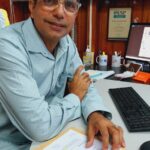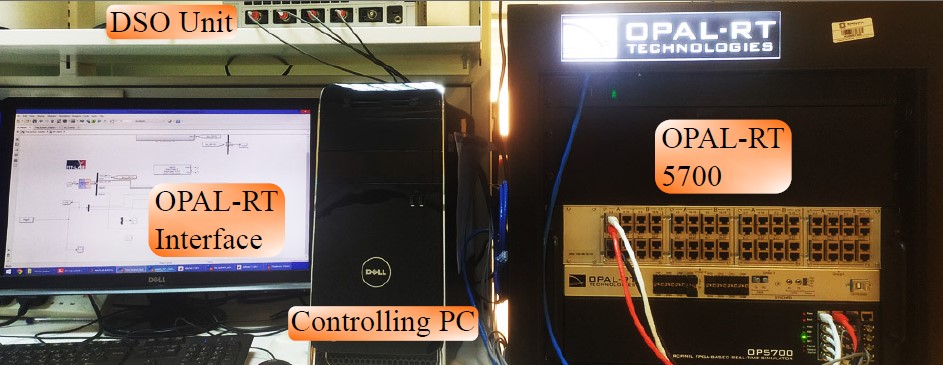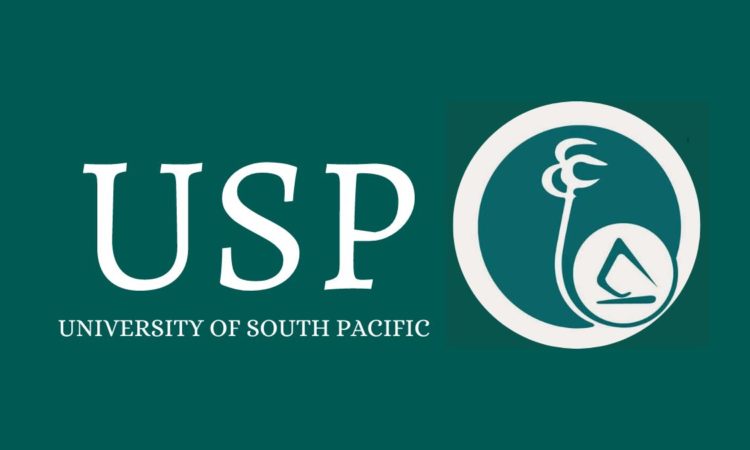The University of the South Pacific (USP) has received a full patent registered with the Indian Patent Office for a system that addresses cyber attacks against power grids.
School of Information Technology, Engineering, Mathematics and Physics (STEMP) academic and co-inventor, Dr Utkal Mehta collaborated with the National Institute of Technology India and received the full patent registered with the Indian Patent Office.
This secures the intellectual property rights for its innovative design and functionality.

Dr Utkal Mehta said increasing reliance on electricity has made the stability of power grids a critical concern for regions such as Fiji.
Cyber attacks pose significant threats to the operational reliability of these grids, particularly in thermal power plants. One of an engineer’s key roles is to identify problems in our society that can be solved with the help of engineering.
Dr Utkal Mehta, Associate Professor in Electrical and Electronics Engineering
A new system called the Tri-parametric Fractional Controller (TFC) has been developed to address this challenge. The TFC combines traditional and fractional control methods to achieve optimal frequency regulation.
By effectively addressing the challenges posed by cyber attacks and ensuring grid stability, this innovative solution can contribute to a more resilient and efficient energy infrastructure in Fiji and other regions.
He added that the development of the TFC involved extensive research, simulations, and hardware-in-loop testing.
Through rigorous evaluation, the system’s effectiveness in mitigating frequency fluctuations caused by cyber attacks and network delays was validated. The success of this novel result is attributed to world-class engineering lab facilities at USP’s Engineering faculty.
The inventor added that the support of various sections was noteworthy as the school continued to break new ground in path-breaking areas of engineering.

This development holds significant potential for enhancing the security and reliability of power grids worldwide, including in Fiji. The initial results were published in IEEE Journal https://ieeexplore.ieee.org/document/10107704.
The School aspires to provide an environment where bright minds develop and create new things. It shows the quality of our staff, who are supporting and teaching our students in accredited professional degrees.
STEMP Head of School, Professor Bibhya Sharma added

